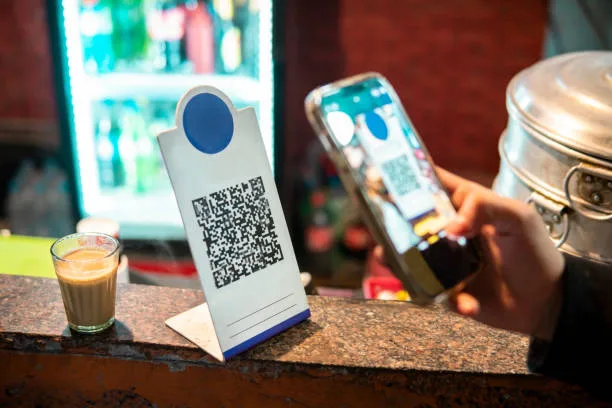NEW DELHI, Aug 1: In a significant move to bolster security, streamline performance, and ensure sustained trust in India’s digital payments ecosystem, the National Payments Corporation of India (NPCI) has announced new regulations for the Unified Payments Interface (UPI), effective from August 1, 2025.
The revamped guidelines are aimed at curbing misuse, reducing server load, and improving transaction transparency on what has become India’s most widely used digital payment platform, currently clocking over 10 billion transactions per month.
Key Highlights of the New UPI Rules:
- Usage Caps Introduced: To improve speed and minimize server congestion, each UPI app will now enforce a daily cap of 50 balance inquiries and 25 linked account views per user.
- Time Slots for Auto-Debits: Recurring auto-debit transactions such as EMIs and subscription payments will now be processed only outside peak hours—between 1:00 PM and 5:00 PM or after 9:30 PM. Failed payments will be re-attempted up to three times, ensuring reduced system strain during high-traffic periods.
- Controlled Transaction Status Checks: To ease unnecessary server requests, pending transaction status can now be checked only after a short delay and with limited retry attempts, preventing traffic overload due to repeated queries.
- Recipient Bank Name Display: In a bid to increase payment transparency, all UPI apps will now be required to display the recipient’s bank name before the final confirmation of payment, helping users avoid mistakes and fraud.
- Credit Line Integration: Starting August 31, users will be able to make UPI payments and ATM withdrawals using pre-approved credit lines, marking a major step in expanding UPI’s capabilities beyond linked bank accounts.
- Deactivation of Dormant UPI IDs: Any UPI ID that has been inactive for 12 months or more will be deactivated, reducing the risk of misuse of dormant accounts and tightening account hygiene.
- Transaction Limits and Interchange Fees: While the daily transaction cap of ₹1 lakh remains unchanged, higher limits will apply for healthcare and education-related payments. Peer-to-peer (P2P) transfers remain free, but interchange fees may be applicable to transactions above ₹2,000 made through Prepaid Payment Instruments (PPI).
With these measures, NPCI aims to reinforce UPI’s reputation as a secure, agile, and user-friendly digital payment platform.

